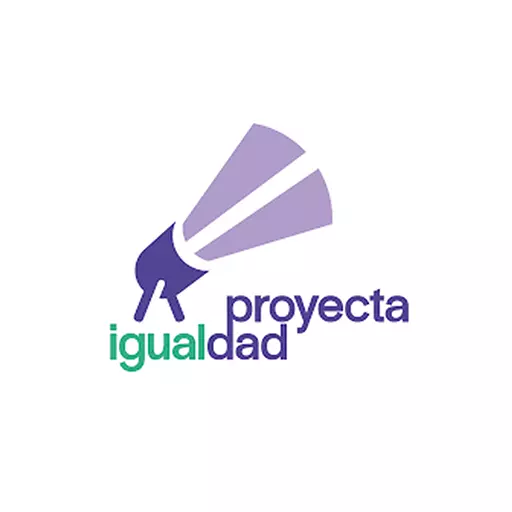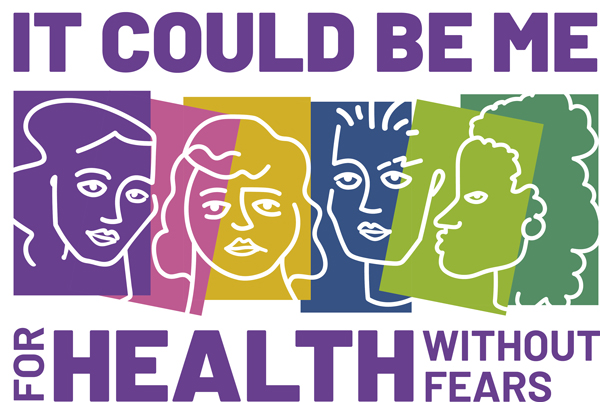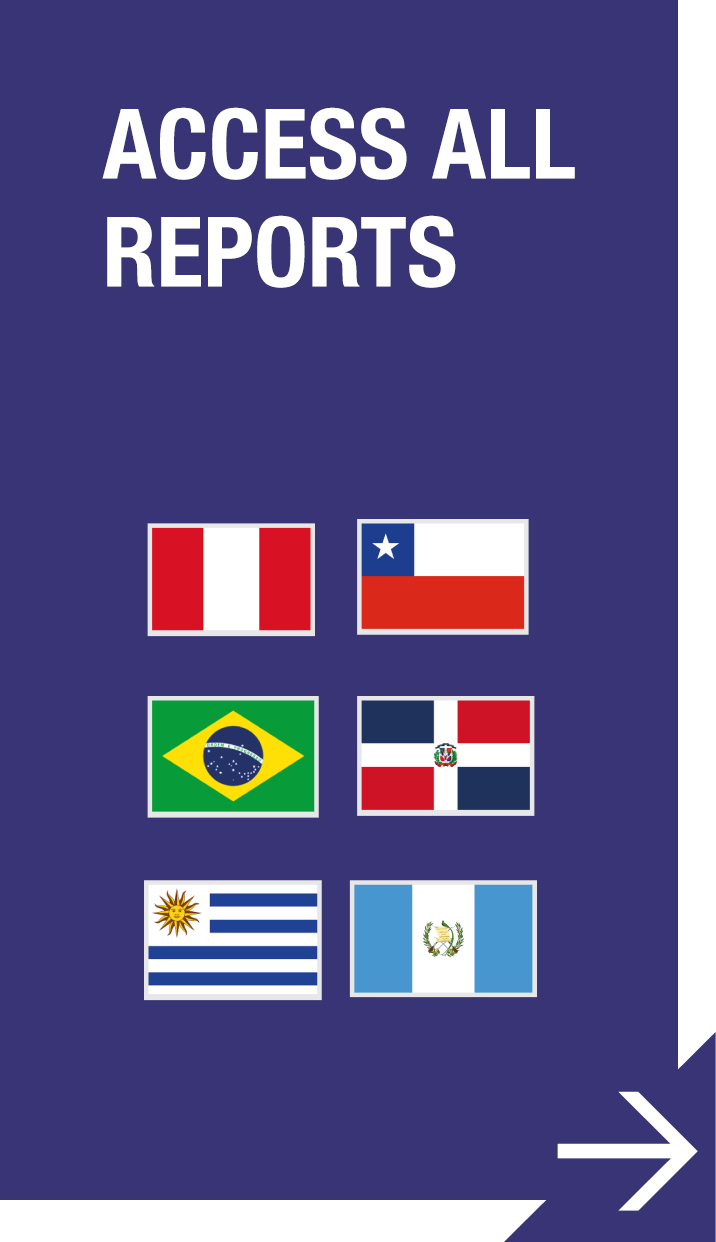Discover a one-of-a-kind
initiative







Recent experiences in Latin America have proven that—to promote legal reforms—generating data and evidence on the effects of using criminal law on sexual and reproductive health is key. This regional initiative seeks to transform the legal approach used on abortion, thereby promoting the generation of empirical evidence that sheds light on how criminalization affects human rights.
To ensure we are taking the necessary steps toward a more in-depth and regional understanding of the impact of criminal law on access to abortion, we set out to develop a standardized three-component research methodology.
Testimonials
Sofia was told by the gynecologist, “You have to tell me if you took pills or not because, if not, I won’t treat you”. Right before the D&C, the nurse told her, “The police officer is outside and wants to know where you got the pills”.
Luciana had a motorcycle accident that caused a hemorrhage and intense abdominal pain. In urgent care, and under the pressure of the attending physician—who threatened to give her an intravenous medication and told her that if she took something to abort, she would die—Luciana, overwhelmed by the pain and pressure, admitted to taking “medication, probably abortifacient”. At that point, a hospital nurse called the police.
Carmen decided to terminate her pregnancy (…). She conducted the procedure per the indications she found on the internet. After some time, she began to feel sick, she began bleeding vaginally and to feel intense pain. She decided to go to the hospital. She was sent to gynecological emergency care, where she informed them that she was pregnant. “The midwife conducted a vaginal exam…” and then “a police officer in charge of the local hospital’s urgent care was alerted to visit the maternity ward…”.
Orquídea, a 32-year-old Haitian woman, a migrant in an irregular situation, who does not speak Spanish and works as a cook in a farm with her partner. In 2022, she was referred from a province hospital to a private clinic to get an obstetric ultra-sound. During the consultation, she experienced the spontaneous abortion of a fetus that was transferred to a hospital, where it later died. Because of the event, the hospital reported her for self-induced abortion, and she was detained while still hospitalized.
“They treated me terribly. They gave me nothing to eat all day so that I could, supposedly, think about what I had done and the consequences. They were starving me to death the entire day. They didn’t even give me a cup of water. They treated me awfully. They didn’t even talk to me alone in a room. There were like two or three patients, and they spoke to me like that in front of them.”
I felt strong pain in my stomach, and I was taken to the emergency room, where I was diagnosed with a threatened miscarriage. I didn’t know I was pregnant because I didn’t have any symptoms, and I got my period every month.
Partner Organizations

Brazil

Chile

Guatemala

Perú

Dominican Republic



